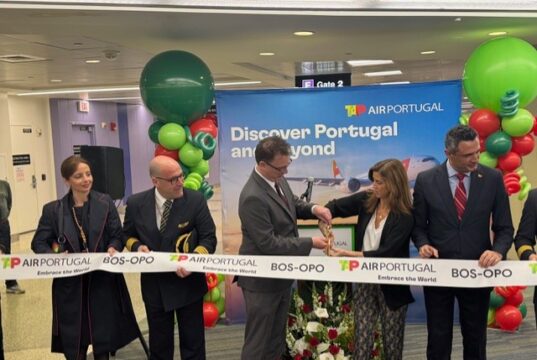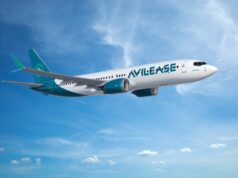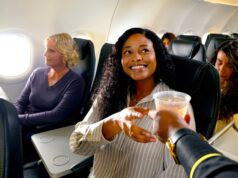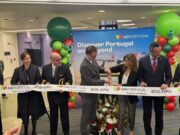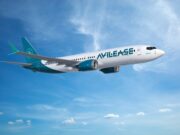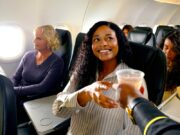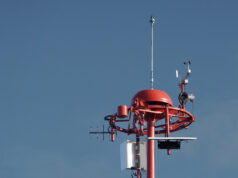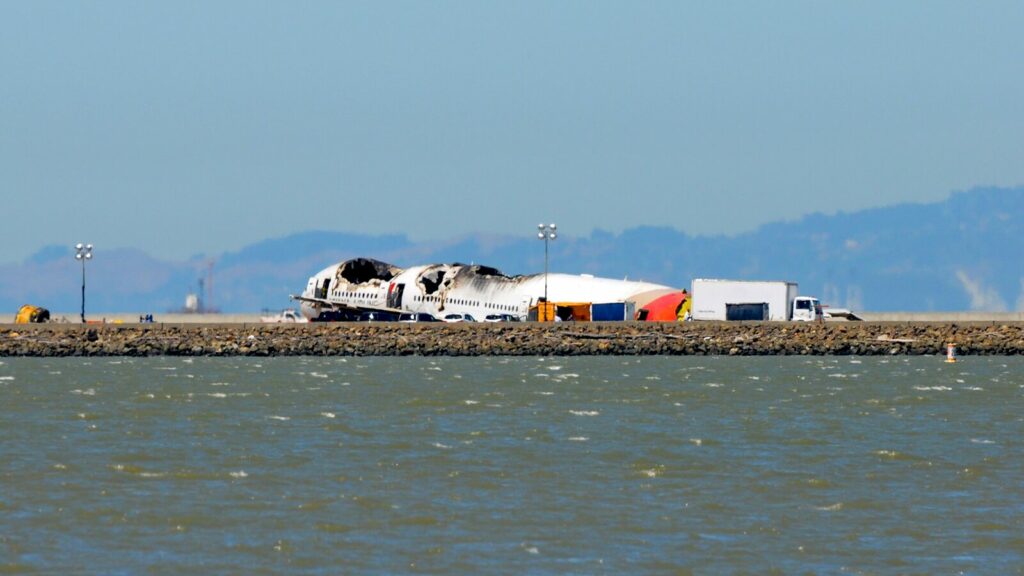
Boeing 777 Asiana Airlines Flight 214 being investigated by the NTSB after crash landing at San Francisco Airport on July 6, 2013
The National Transportation Safety Board (NTSB) is an independent agency of the United States government responsible for investigating accidents in aviation as well as other forms of transportation. Having investigated over 120,000 aviation accidents since 1975, the mission of the NTSB is to determine the probable cause of accidents and issue recommendations to prevent future accidents.
In response to the need to establish a separate entity to avoid any conflicts of interest, the NTSB was formed in 1967 as an independent agency within the newly created Department of Transportation (DOT). The agency divides the United States into four regions with a regional office in each: the Eastern Region (Ashburn, VA), the Central Region (Denver, CO), the Western Pacific Region (Seattle, WA), and the Alaska Region (Anchorage, AK). To date, almost one third of the NTSB budget is dedicated to aviation safety – it’s number one priority.
The investigative process of the NTSB has five parts. The first part is the on-scene investigation, involving organizational meetings, group meetings, media briefings and press releases. The second part is the preliminary report, limited to factual information. The third part consists of the public hearing: fact finding, depositions, witnesses, and the docket. Next, is the board meeting which includes the docket, findings, conclusions, probable cause, and safety recommendations. Finally, the last step involves the publishing of the actual report with the aforementioned documentation.
In order to achieve its mission, the NTSB utilizes “Go Teams” to respond to the accident scene in its investigations. The team can range from three or four to over a dozen specialists from the Board’s headquarters’ staff in Washington, D.C. In order to respond as quickly as possible, the teams maintain a rotating schedule.
It is important to mention the NTSB is only responsible for transportation accident investigations within the United States. However, assistance may be provided for international cases under certain circumstances. If an accident or serious incident occurs in a foreign state involving a civil aircraft of U.S. registry, a U.S. operator, or an aircraft of U.S. design manufacture, the NTSB may designate a U.S. Accredited Representative. After the conclusion of an investigation, safety recommendations are provided.























































